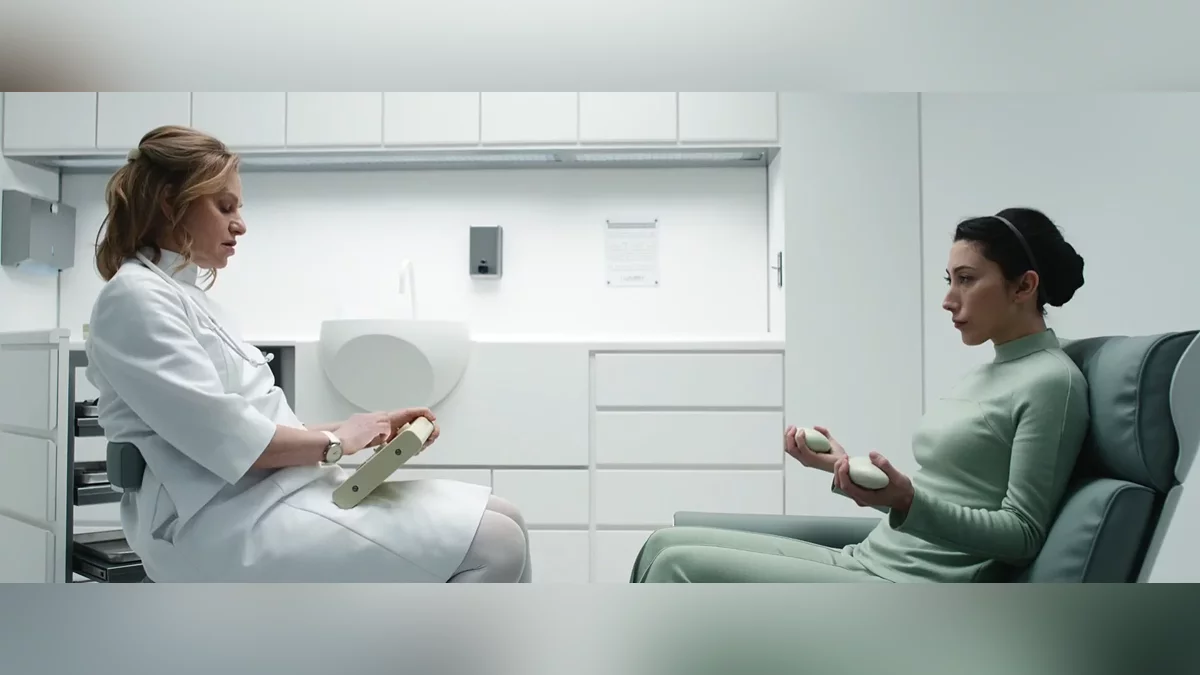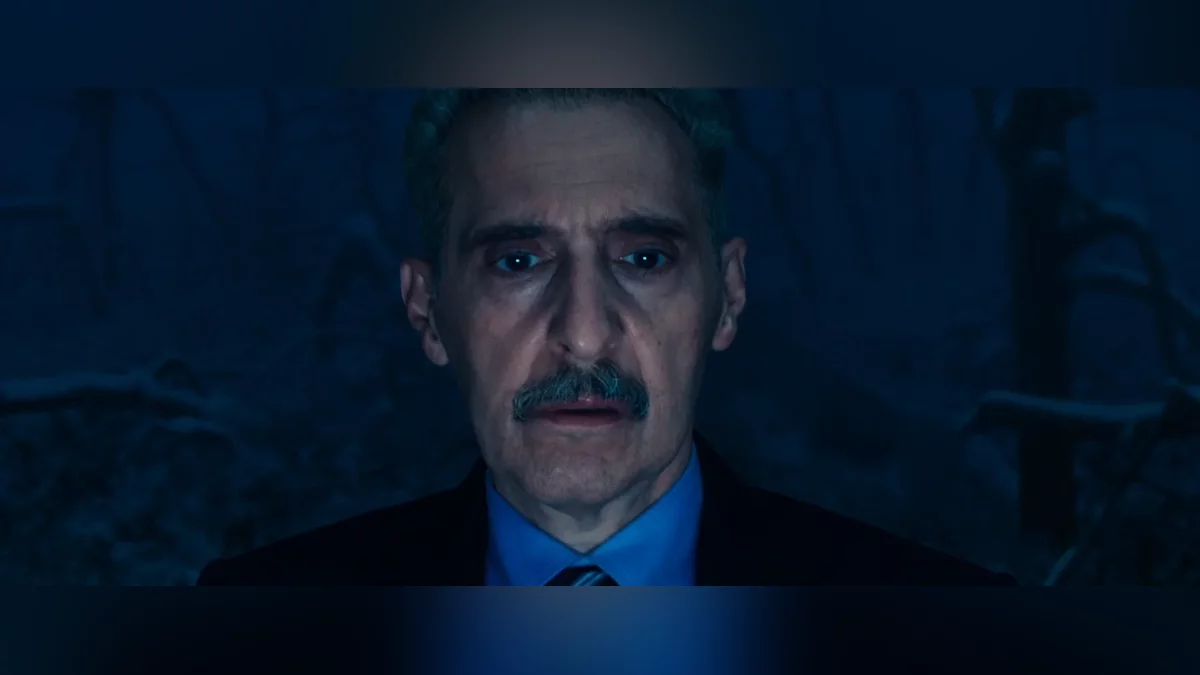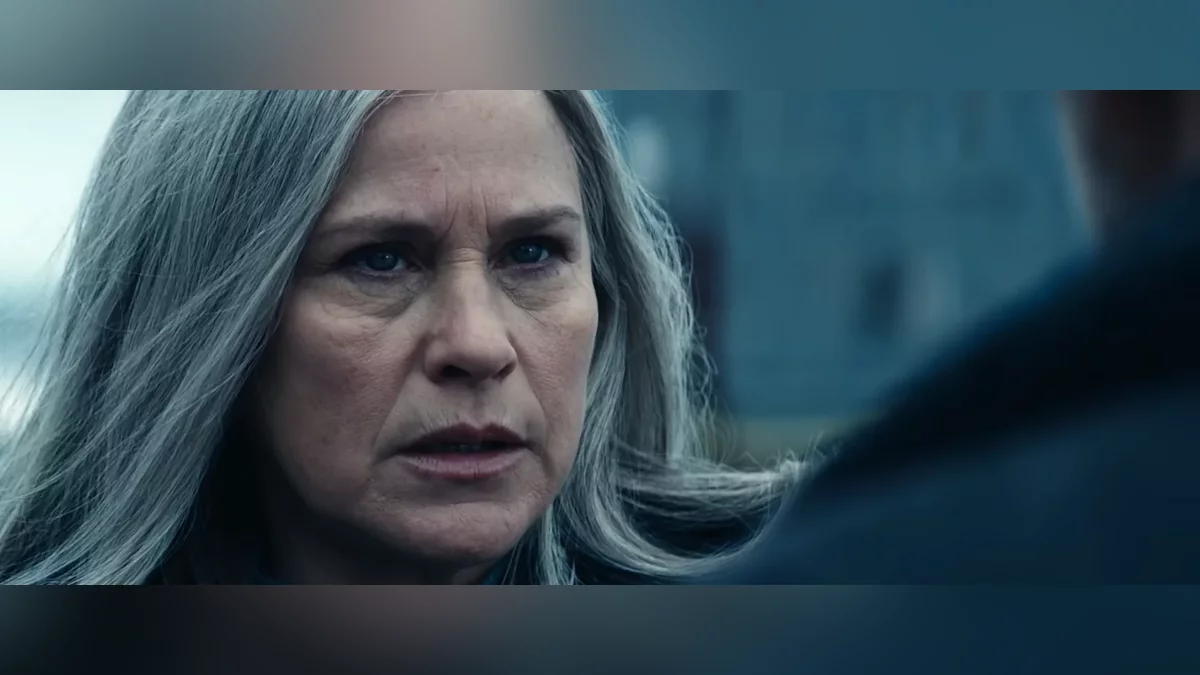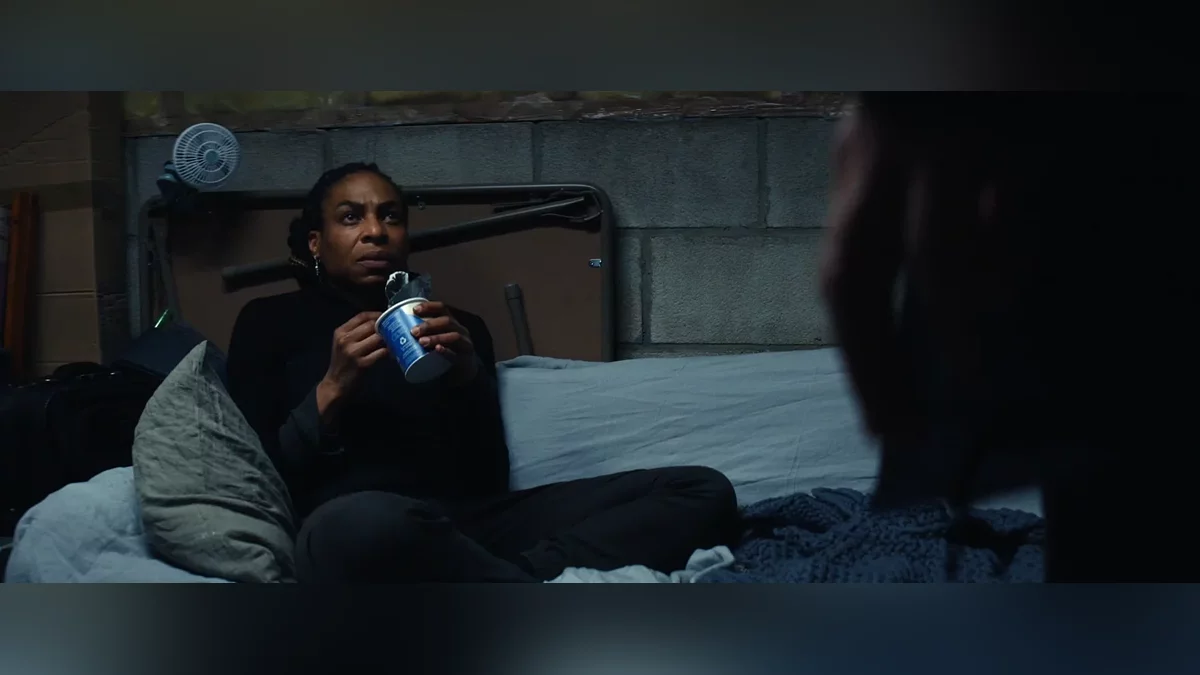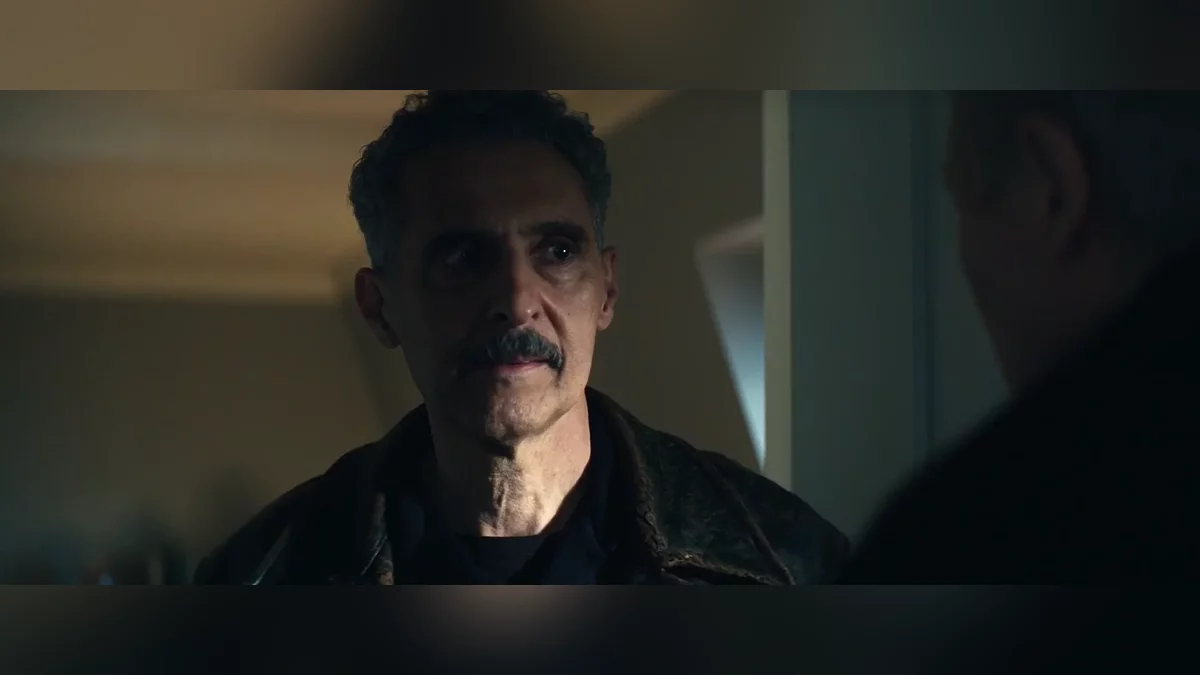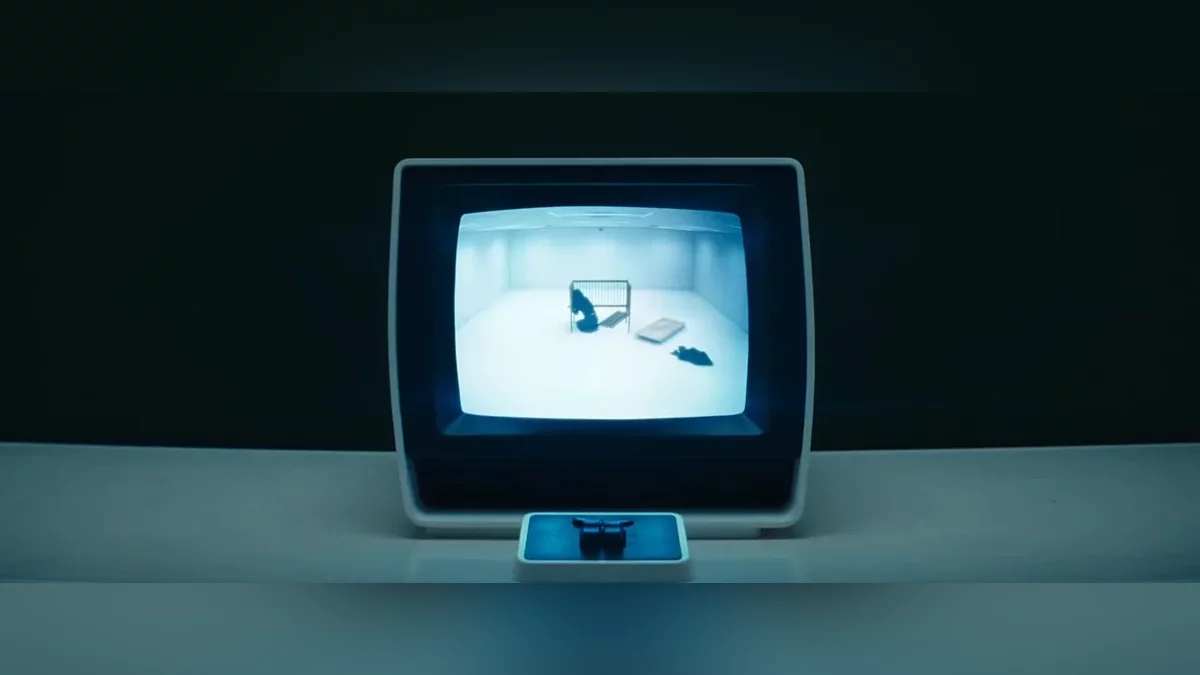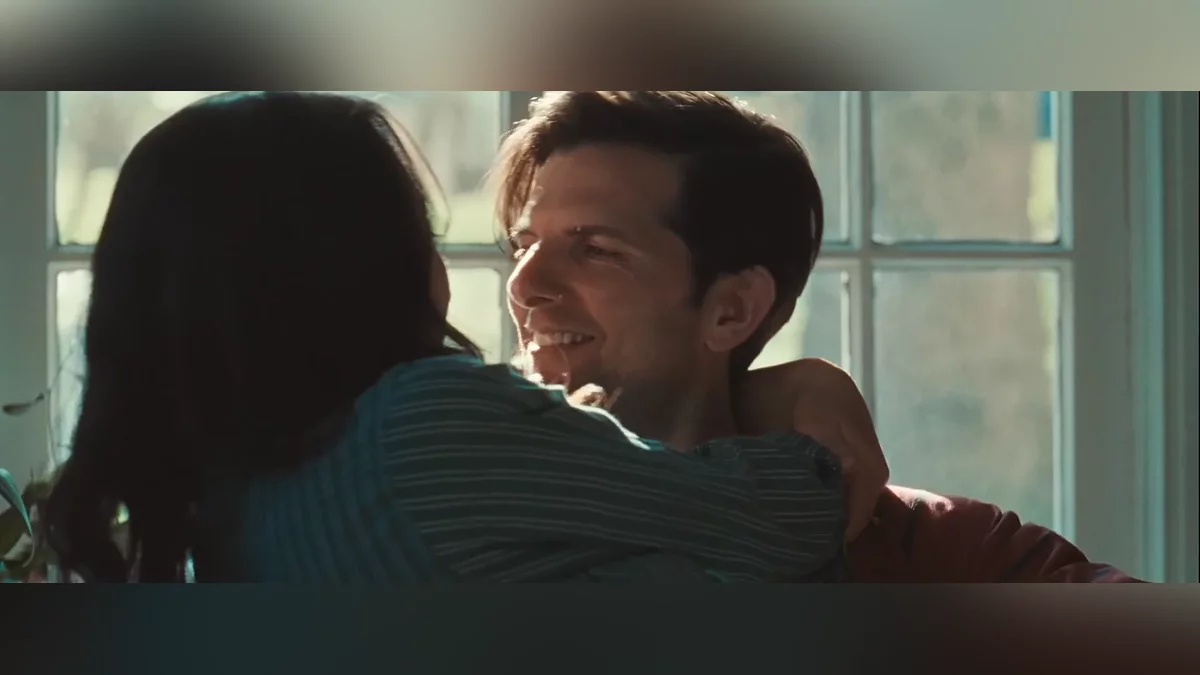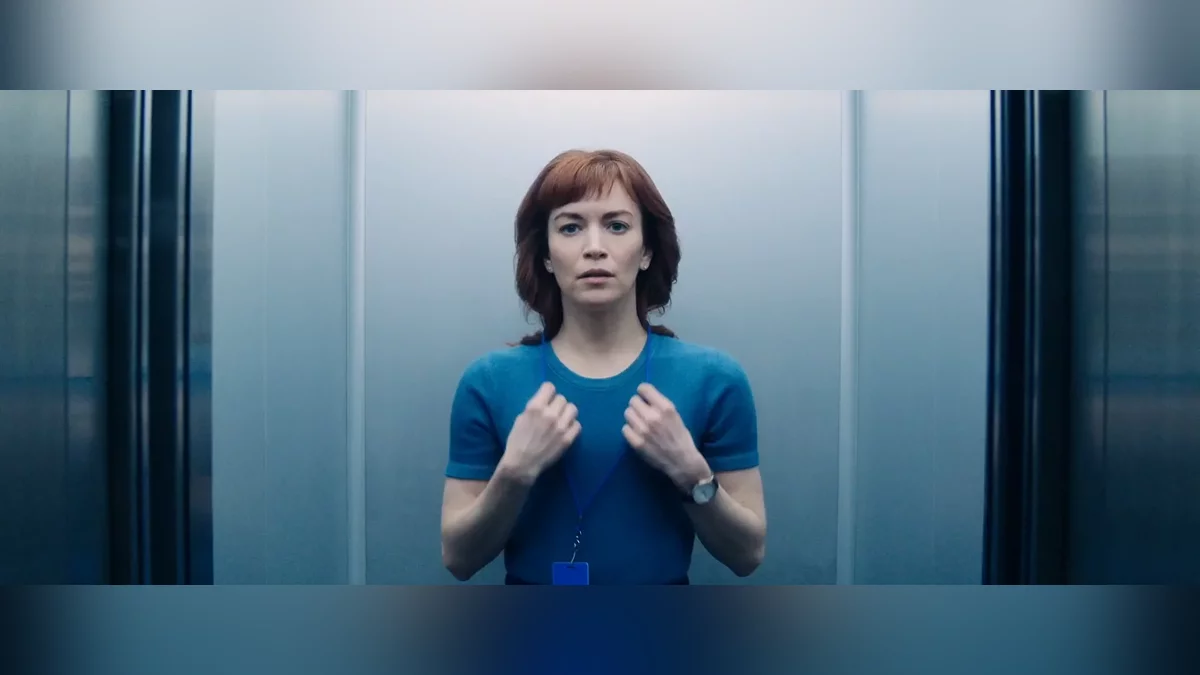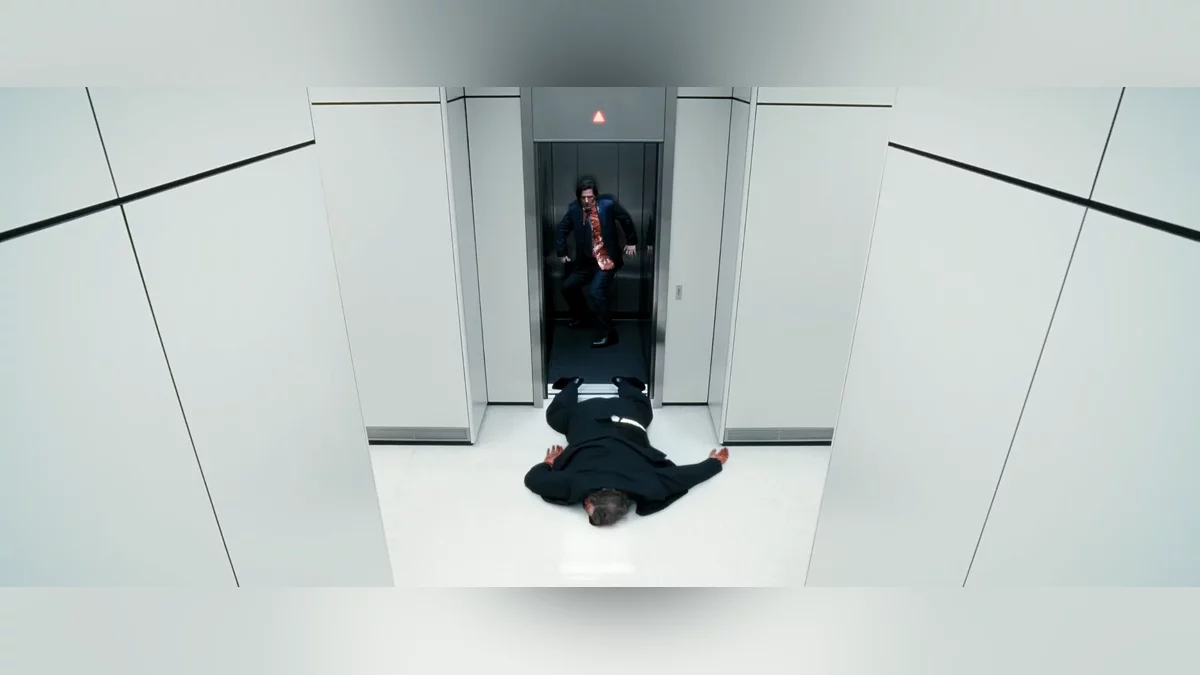Severance Season 2 Review: A Ten-Episode Prelude
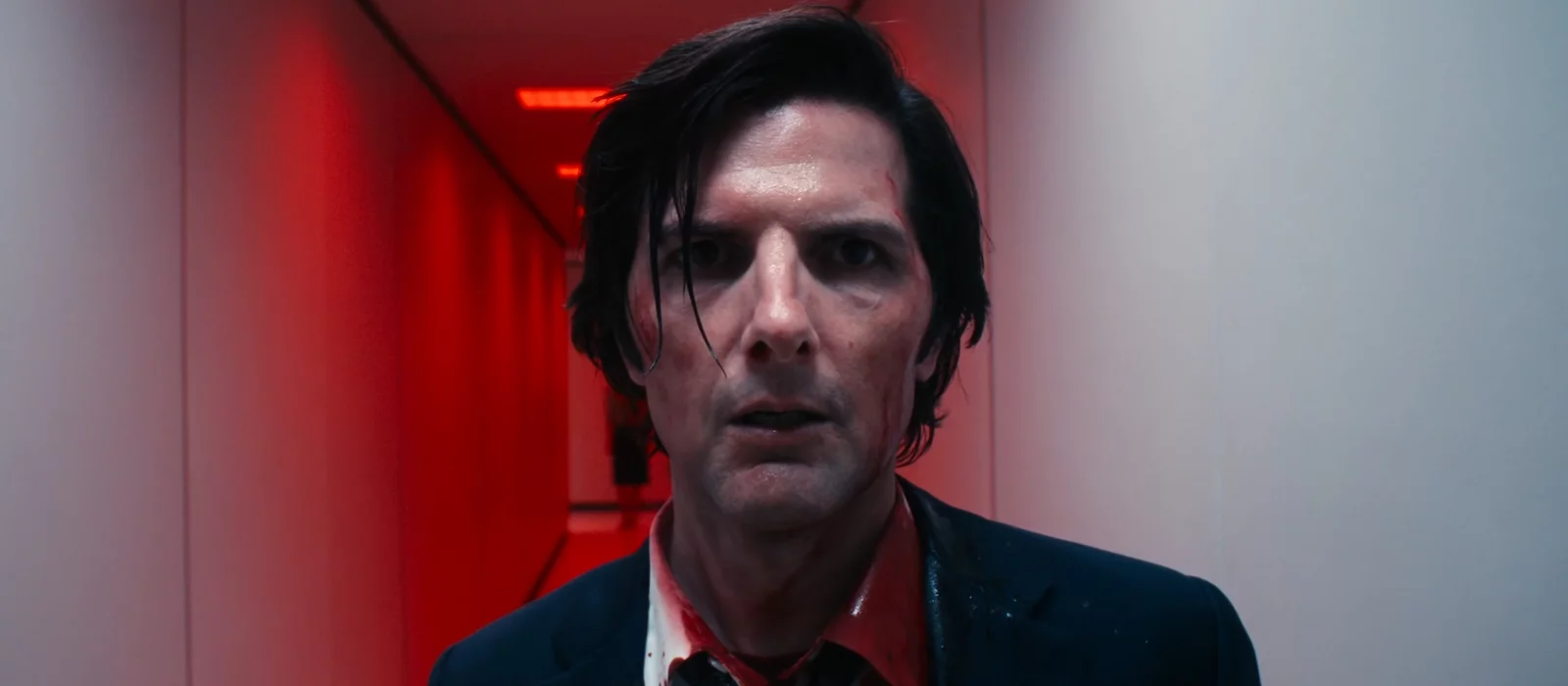
Severance, one of the most popular shows on Apple TV+, recently wrapped up its Season 2. The series from director Ben Stiller and writer Dan Erickson officially became the most-watched show on the platform, breaking the record of Ted Lasso, earned high ratings on IMDb, and earned recognition from Apple itself — Tim Cook even took part in the advertising campaign, starring in a promo video. Now that we have all 10 episodes in our hands, it's time to sum it up. And we published our series-by-series review here.
Has the Season 2 maintained the quality of the Season 1?
Severance had several components of success at once. First, the unusual setting: a certain corporation Lumon Industries implants a chip into some of its employees that divides memories into “working” and “non-working”. As a result, a person develops two personalities — "innie" and "outie", awakening only in the office and outside its walls, respectively. And it turns out that outside of work, employees live their normal lives, not even suspecting what the hell is happening to them in Lumon. And a lot happens there, from harmless office tasks to truly sinister rituals held in honor of the cult of the corporation's founder, Kier Eagan.
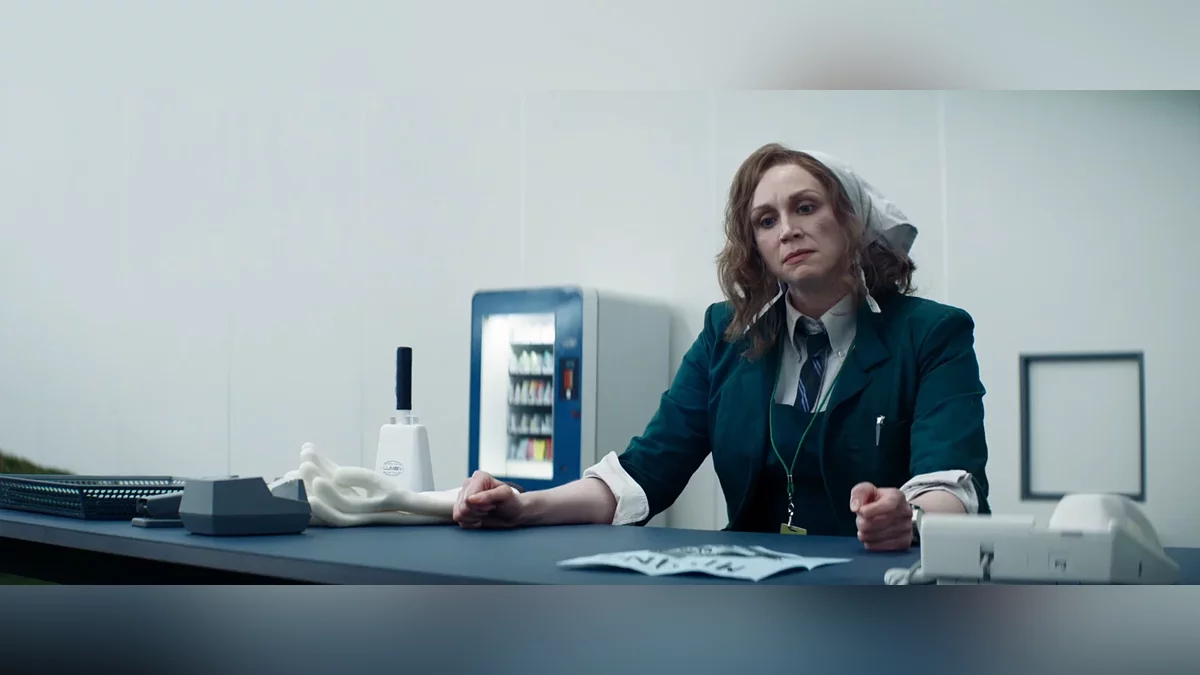
Secondly, the plot. The debut season of Severance presented the series as a real sci-fi detective thriller. Events unfold slowly, but keep the viewer in suspense until the very end. In the first episode, the main character played by Adam Scott, Mark Scout, encounters a stranger who introduces himself as a colleague from Lumon Industries, and in the last episode, his "innie" learns that the "outie's" wife, Gemma, because of whose death he decided to work with the division of consciousness, is alive and is a guinea pig in the corporation.
Thirdly, Severance won over the viewer with its identity. The series takes place in a world similar to ours, but with some differences. For example, smartphones and old pot-bellied TVs coexist with computers inspired by Apple II (your idea, Tim Cook?). The main characters live in a city literally named after the founder of Lumon Industries, and drive cars manufactured no later than 2000. And the town itself seems to have come from the same Apple posters with its desire for minimalism and monotony. And all this is filmed in the spirit of Wes Anderson films, with symmetry and an emphasis on the center of the frame.
The Season 2 of Severance returned almost all the elements. Lumon Industries turned from a mysterious technology corporation into a truly sinister organization, the world of the series has become even more distant from the usual reality, the editing and camera work showed the highest class, and the plot... It can be both praised and scolded.
Do you like science fiction?
More and more secrets, higher and higher stakes — is it justified?
If the Severance Season 1 mostly asked general questions — what does Lumon Industries do and why are employees with blocked memories needed — then the Season 2 made them more specific. Why is the corporation keeping Mark Scout's wife in the basement? What is the important Cold Harbor file that the protagonist must complete? Why has Harmony Cobel, played by Patricia Arquette, been following Mark all this time? Why is there such an emphasis on goats? Why is there an underage employee on the "severed" floor? Can Lumon Industries create virtual reality?
It's really interesting to watch what's happening. The creators of the series are pursuing several storylines at once, among which are the search for truth by the “severed” employees, the struggle between the “innie” and “outie” of Helena Eagan, played by Britt Lauer (Britt Lower), Mark’s attempts to understand the mysterious message from his second personality and reintegrate both “I”, the torture of Gemma Scout on the “test” floor and work on the extremely important Cold Harbor project.
However, this is where the problems begin. The first season had a complex story, but all its elements revolved around one idea, while the second season spawned many subplots. For example, the Episode 4, “Woe's Hollow,” throws the main characters into a snowy forest (or virtual reality), essentially simply expanding the series’ lore, but in terms of plot, it almost doesn’t justify itself. The storyline of young Miss Huang serves as nothing more than a mirror image of Harmony Cobel’s fate. For this reason, the season finale feels crumpled, since it only draws a line under a couple of stories out of many. Most of the obvious “Chekhov’s guns” remain where they were hung. And the promising reveal of Cold Harbor caused more of a shrug — the creators played so much with intrigue, cliffhangers, and raising the stakes that the result looks disappointing and secondary.
Other articles about movies and TV series on VGTimes
- The Electric State Review — action-adventure film by Russo brothers
- TOP-15 Samurai and Ninja Movies — What to Watch Before Playing Assassin's Creed Shadows
- What order to watch Marvel Cinematic Universe movies and TV shows in
- Daredevil: Born Again TV Show Review — Back in Hell's Kitchen
- Invincible — Season 3 Review. Classic Superhero Storytelling
- Anora's triumph, Brutalist's success, and a modest award for the Conclave. The results of the Oscar-2025 ceremony
- We watched Captain America: Brave New World. Technically perfect, but empty inside
- We watched the New Snow White: An impressive visual demonstration of the word «mediocre»
Lost characters, timing and logic
Even the Severance Season 1 got it from viewers for the leisurely tone of the narrative — in our opinion, completely unfairly. The writers immersed the viewer in what was happening episode after episode, in order to bring down a stream of shocking discoveries on them in the finale. A similar approach was maintained in the second season, but this time the writers frankly overdid it.
The series has many meaningless actions. For example, Harmony Cobel's tossing and turning — she leaves the city of Kier, then returns, meets with Hallie Egan, changes her mind and gets behind the wheel again. And all this over the course of several episodes. On the one hand, the writers logically wanted to show doubts. On the other hand, remove some scenes, and Ms. Cobel's line will not get worse in any way.
Dialogues. Oh great Kier, how they began to suffer. Sometimes it seems that the characters have simply forgotten how to ask questions directly. And when they finally start answering, you have to wait half a minute for a short line (yes, we're looking at you, Ms. Сobel).
Not everything is smooth with the characters either. In the Season 1, there was Petey Kilmer, a friend of "innie" Mark Scout, who underwent reintegration after being fired from Lumon Industries. He not only recognized the main character outside the office, but also shared a valuable map of the rooms on the "severed" floor before his death from the consequences of the operation. However, the second season forgot both Petey's role and his map.
There are even more complaints about the former surgeon of Lumon Industries, Regabhi. Her character appears when it is convenient for the writers. Despite Petey's death from the consequences of reintegration, Mark still decides to trust a woman who intends to climb into his brain with almost makeshift equipment. And then Regabhi disappears again — as if she was returned to the drawer of the table like a spoon after dinner. And no one questions her goals and motivations.
Even the motivations and storylines of the main characters are puzzling. Dylan George, played by Zach Cherry, simply deals with family matters throughout the season, and Irving Bayleaf, played by John Turturro, faces dismissal and subsequently leaves town altogether. Irving himself seems even more lost for the series — if the first season clearly presented Irving as a Man with a Past and almost a secret agent, the second season seemed unsure what to do with the character. Only twice did he play a role in the plot, telling about the mysterious elevator to the "test" floor and revealing Helena Eagan.
The creators also seemed to have not thought through Lumon Industries. A rich, powerful, sinister mega-corporation that has penetrated the lives of almost everyone is unable to keep track of its own employees. In the final episode, Seth Milchick can't locate Mark despite the chip in his head, the maternity wards aren't equipped with surveillance cameras, allowing the heroes to pull off a plot on the company's premises, and there's virtually no security on the "severed" floor. And even on the crucial day of Cold Harbor's end, the corporation didn't spare any security, allowing Mark to fight his way to Gemma.
There's plenty to criticize, but plenty to praise, too
Don't get us wrong. Severance is still one of the best modern sci-fi series, even if it suffers from problems. However, the first season set the bar so high that we simply can't turn a blind eye to the obvious shortcomings that are forgivable in other shows.
The second season is full of great scenes and moments that make you involuntarily move closer to the screen. Take the episode of the conversation between "innie" and "outie" Mark — thanks to the brilliant performance of Adam Scott, we get not a conversation with himself, but an argument between two completely different personalities. And "Chikhai Bardo" Episode 7 is perceived almost as a separate short film about love and gradual distance from each other against the backdrop of personal tragedy.
A large part of the running time was devoted to exploring the life of "innie". If the first season could still raise questions about their rebellion against Lumon Industries, the second made it clear that the employees of the "severed" floor are not considered people. The company treats them as expendable material, deceives them, builds a false picture of the world and cheaply manipulates them. Even the romance of "innie" Mark with Helena Eagan became nothing more than a toy for the "outie": in an attempt to feel the love of another person for the first time in her life, she pretends to be Helly and actually uses an employee of her company as an object of pleasure. Lumon Industries stole everything from the "severed" employees — individuality, freedom, time and even the right to privacy. What is this if not an obvious criticism of modern corporations?
Separately, we note the scrupulous attention to detail. Rewatching the Season 2, you will notice many small references and hints in the frame, foreshadowing certain events. Whether it's the duck and hare figurine with an optical illusion hinting at the duality of the "severed" personality, the opening credits with obvious spoilers, or the mixed colors of Helena Eagan's clothes signaling a substitution. Severance is generally highly recommended for those who like to examine every frame in search of some Easter eggs.
And the plot keeps you in suspense until the very end. Even though we called the events of the tenth episode secondary (seriously, Dylan is standing in the doorway again and holding back Seth Milchick), it had almost everything for which we loved Severance. In one episode, we saw a pagan sacrifice within the walls of Lumon Industries, a dance number performed by Milchick, a brutal fight with an accidental and completely hilarious murder, incredibly beautiful plans, a touching reunion of Mark and Gemma and, of course, another plot twist. The only bad thing is that the creators have cast too many fishing rods for the next season, forgetting to give the viewer enough fish here and now.
How do you rate Severance Season 2?
***
Severance Season 2 is still a great show. Of course, the series is starting to suffer from the disease that all successful shows have. Some ideas are designed for only two or three seasons, but in an attempt to keep up with popularity, creators and streaming platforms begin to stretch the original material, hoping to keep the show on the air as long as possible.
The Season 2 can be called one big prelude to the Season 3. Some storylines were cut off, but everything points to their return in the future. There is also no clear explanation of the motivation of Lumon Industries, and the goal of the cult of Keir Egan still looks very vague, so the story definitely has room to develop. We hope that the creators of the series will not keep the viewer in the dark for several more seasons, but will go through the plot with Occam's razor and get rid of really unnecessary details, focusing on the main idea of the show. By the way, Apple has just announced Severance Season 3 — so far without a premiere date.


